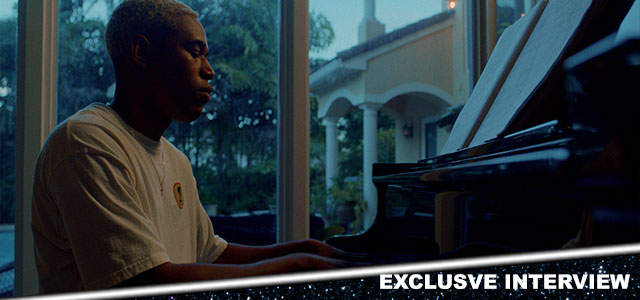
New drama Waves plunges us into a snowballing family tragedy – but this is no handheld, bleak drama. Directed by Trey Edward Shults, it deploys vibrant colour and a complex, seamless tapestry of overlapping music to pinball us between utter euphoria and pure despair.
The acclaimed movie splits our attention between two members of an African-American family. We begin with teenage son Tyler, played by rising star Kelvin Harrison Jr (Luce). A high-achiever and popular student, Tyler is being pushed by his stern father Ronald (This is Us actor Sterling K. Brown) to succeed in a world that isn't always welcoming.
The other, key members of the family are Tyler's sister, Emily (a superb breakout performance from Taylor Russell) and his stepmother Catherine (Hamilton's Renee Elise Goldsberry). As the story proceeds, the movie divides our attention between different points of view, fashioning a deep sense of empathy in difficult circumstances.
Following 2017's paranoid viral thriller It Comes at Night, Shults further demonstrates his command of actors and visual language. We caught up with him to discuss the inspirations behind Waves, and his close collaboration with Harrison Jr, who also starred in It Comes at Night.
So, I was really taken with this film and I've been thinking about how to describe it. The best I can do is to say that it's high on life – is that a fair description?
Yeah, absolutely! I haven't heard anyone else say that. Hell yeah.
The film has a real sense of euphoria, at least in the upbeat moments. Did that arise organically during filming or is that something you discovered in post-production during the edit?
That plays into the spirit of the movie, which is about those highs and lows, and what it means to really feel those. Especially when you're at the age of Tyler and his sister in the movie – you're not a kid, you're not an adult, everything's new and you're growing, learning, feeling everything so much.
Then, while making the movie and editing it, and even before that during the writing, I really want to make the audience feel the beauty in the highs. When you're in the lows, you try to feel the devastation. I tried to present honest emotion from both sides of the spectrum. It was a case of just going for that and hoping others would feel the same way.
Narratively, the movie centres on an African-American family, yet it also branches out to people from all walks of life. What are the challenges inherent in making a film that's both personal to a particular community yet also universal?
To me, it's all about collaboration. It's all about listening and understanding and working together. I don't know if it would have worked any other way. It worked because I wanted to make a movie with one of my best friends, to make something we both care about and love while at the same time trying to understand each other.
It starts with the writing, and also, for me, learning a lot more about Kelvin. We each talked about our past, not just what it was like being the age of his character in the film, but also family relationships, generational baggage, everything. When you're doing that together, you're also combining that approach with a really personal feeling that just feels right.
Because that trust and love is already built up between us, that's what makes it work, I think. That's what makes it feel OK because if I'd just tackled this blind, as in a white guy writing this movie, it would make no sense. I don't think I ever would have written the movie in that instance. But it happened from that real place.
It's about drawing on stuff from our real lives and making it a specific, yet authentic family. If it's authentic, even when dealing with a black family, then you can reach universality. When Kelvin and I were finding out more about each other, there was so much we had in common, yet also specific differences.
It was about highlighting those, knowing those, and working those aspects into the story. That commonality comes out as well.
You have, of course, worked with Kelvin before on It Comes at Night. Would you describe him as your muse?
[laughs] Well this movie was cool because, on It Comes at Night, we didn't know each other. That process was very traditional - he auditioned, we Skyped and started to work together.
It was therefore fun to take our collaboration to the next step, to collaborate from the script onwards. He's one of my best friends and I love him so much. I think I can be objective in describing him as one of the best young actors we have. So, yeah, I love him.
This might just be my reading of things, but It Comes at Night dealt with the aftermath of a viral pandemic. I thought Waves was an interesting comparison because it explores a social pandemic that arises from a lack of communication and snowballing tragedy. Do you think there are comparisons to be made between the two movies?
Absolutely. I've never thought about it in that way but I see it 100%. I feel that both movies are about the subjective experiences of the characters, but they're informed by the world around them.
For It Comes at Night, it was a futuristic vision about our world if it fell apart. Whereas in Waves, we're talking about the here and now and the pressures around that. So, I see the comparison, for sure. That's beautiful.
The film brilliantly gets the sense of how we perceive our lives playing out to a soundtrack. How did you bring that across in the film?
Thank you! Well, music is one of the favourite things in my life, and it's got me through a lot of things. I almost had hoped that the music wouldn't just dictate the ebb and flow but feel more like, if we went on the computer, this would be on Tyler and Emily's playlist. Full-bodied, the sort of stuff that brings you closer to their world and their headspace.
Like you said, even if music in one's life isn't literally soundtracking a particular moment, I'll personally find myself listening to something that will get me through a phase in my life. I'll then always relate that music to that time and that emotion. To me, it's a very personal connection and I hope it feels that way in the film.
In terms of the mixing and sound editing of the music, it's incredibly intricate. How did that process come about?
Yeah, it was intricate and a long process that started in the editing phase. I got to work with Johnny Burn, he's our sound designer, and his whole team. Sound work doesn't get much better, in my opinion. It was a dream to work with him. He and his team have worked on some of my favourite movies.
So much of the sound in this movie felt like it could be worked on forever, because we could experiment a great deal. The only limit was time, you know? It was really, really fun. We finished sound mixing after playing the film at the Telluride and Toronto Film Festivals – right before we played at the London Film Festival, actually. At that point, it was like, 'OK, I think we should stop'. Any further and it would be a step too far.
You've cast actors who are able to communicate a remarkable amount with just a glance. In some ways, it reminded me of silent cinema with its emphasis on the physicality of the actors. Would that be accurate?
I think so 100%. I hope the movie feels very sensory but visceral. I was just telling [Jim Wilson] my producer that I would love to work out a film with as little dialogue as possible. Something that's in the vein of contemporary silent film and other movies that I love. Just visual-auditory experiences, you know? That's the essence of cinema. That's really exciting to me.
Throughout the movie, the characters are dictating all our choices as filmmakers, and we're just trying to determine their internal state, whether it's sonically or visually. We're trying to come closer to their emotional, spiritual experience. It makes me very happy to hear you say that. I think the cast is the best in the world. There's so much going on and they don't have to say a word. You can feel it.
The pivotal fishing scene with Sterling K. Brown, the unveiling of his character, is very powerful. That must have been very moving to watch unfold?
That scene really came out organically and it felt like the heartbeat of the movie. And yet it also felt like a scene that the whole film was working towards, that had to be earned. Just to see it come alive with Taylor Russell and Sterling, it was like a dream. I remember first editing it, crying like a bay and feeling really proud, only to later become aware of other people connecting with it. There's nothing more beautiful.
We're clearly in troubled times all over the world at the moment, and I thought the movie had a resonant message of empathy. What message do you hope your film conveys?
You nailed the word. I hope empathy is felt. I hope it feels empathetic to every character in the movie. I think, to me, there are many different things you can take from the movie. For right now, understanding, empathy and communication. Where we are in the world right now, it's a lot harder to communicate naturally and understand each other.
It sounds very simple, but it's hard to do with your lover, your family, the world around you. I think you can take the first half of the movie as a cautionary tale in terms of being about a lack of communication and understanding. And the second half is trying to rebuild that while trying to connect as much as possible.
The film is meant to be empathetic. The film is intended in such a way that you can live with these people so that you can understand them.
Waves is released in Cineworld cinemas on the 17th of January. Don't forget to tweet us your thoughts on the movie and our interview @Cineworld.

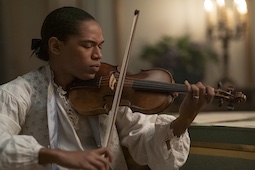
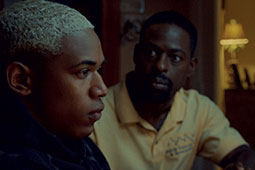

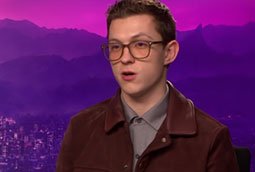
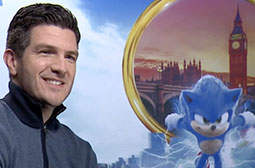
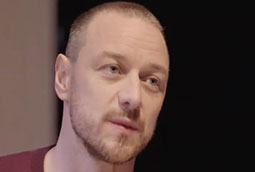
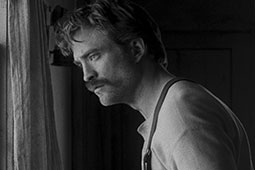
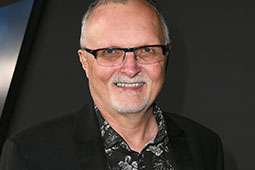
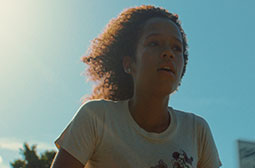
.jpg)
.jpg)
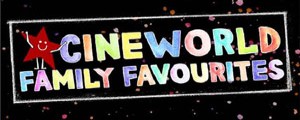
.jpg)
.png)



